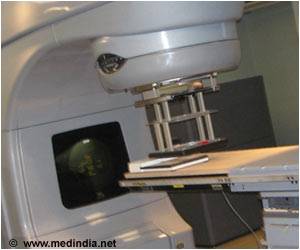Colon cancer is the most common health hazards of modern times and the second-leading cause of cancer-related deaths.

The research team was led by Dr. Rina Rosin-Arbesfeld of the Department of Clinical Microbiology and Immunology at TAU's Sackler Faculty of Medicine and Dr. Ella H. Sklan of the same department, together with Prof. Israel Hershkovitz and Michal Feldman of the Department of Anatomy and Anthropology at the Sackler Faculty. The findings were published in the journal PLOS ONE.
Meeting the mummies
In 1995, more than 265 mummies were excavated from sealed crypts in the Dominican church in Vác, Hungary. These crypts were used continuously from 1731 to 1838 for the burial of middle-class families and clerics and provided ideal conditions for the natural mummification of corpses -- low temperatures, constant ventilation and low humidity. Some 70% of the bodies found had been completely or partially mummified.
The preservation of the tissue samples and abundant archival information about the individuals buried in the crypts attracted researchers from around the world, all of whom where interested in conducting their own morphological and genetic studies of the human remains.
"Colorectal cancer is among the most common health hazards of modern times," Dr. Rosin-Arbesfeld explained. And it has a proven genetic background. We wanted to discover whether people in the past carried the APC mutation -- how common it was, and whether it was the same mutation known to us today. In other words: Is the increase in the incidence of cancer the result of man's manipulation of nature alone?
Advertisement
A new area for cancer research
Advertisement
"Our data reveal that one of the mummies may have had a cancer mutation. This means that a genetic predisposition to cancer may have already existed in the pre-modern era," Dr. Sklan said. "But we've found this mutation in only one individual so far. Additional studies with a larger sample size should be conducted in order to draw more meaningful conclusions."
Source-Eurekalert













